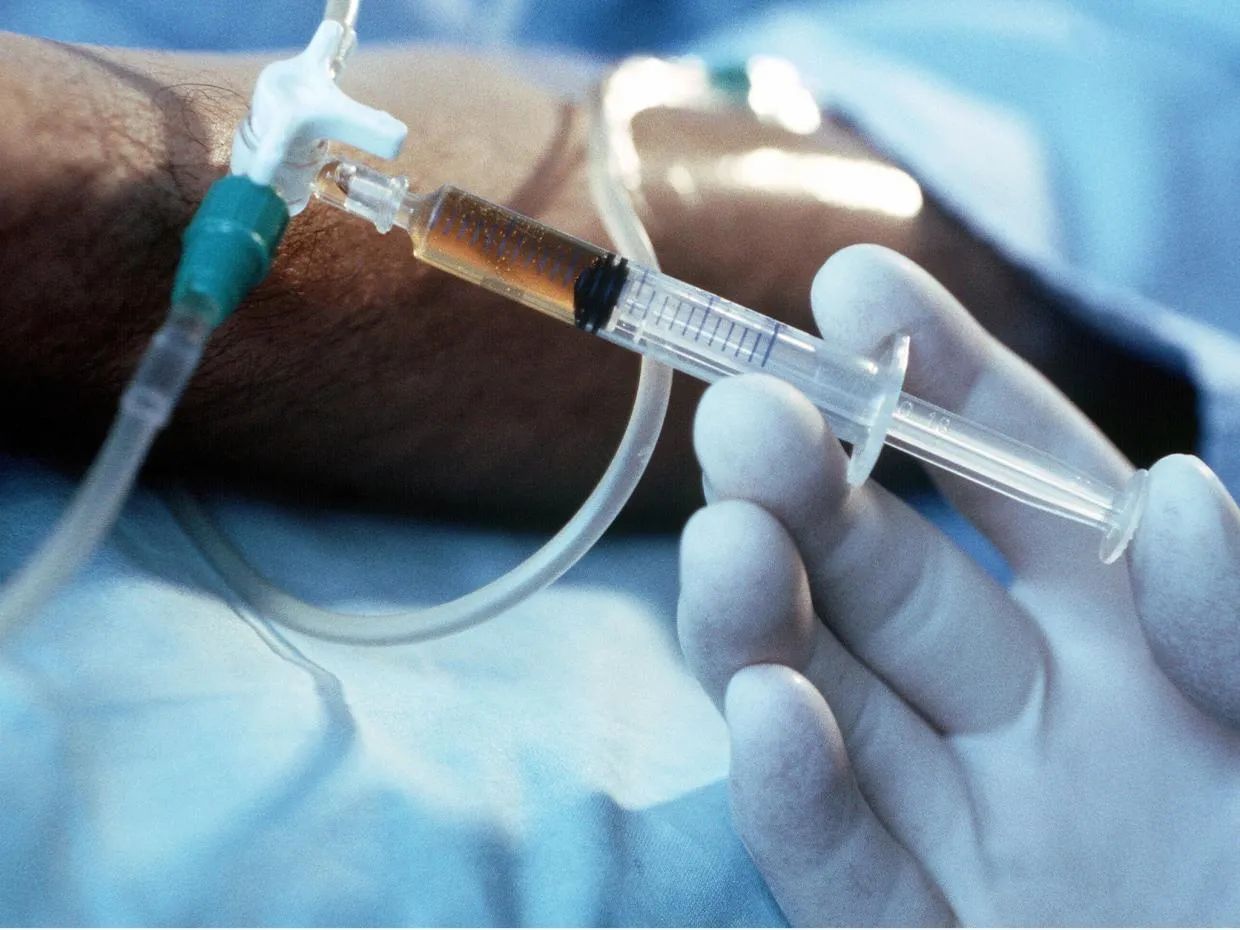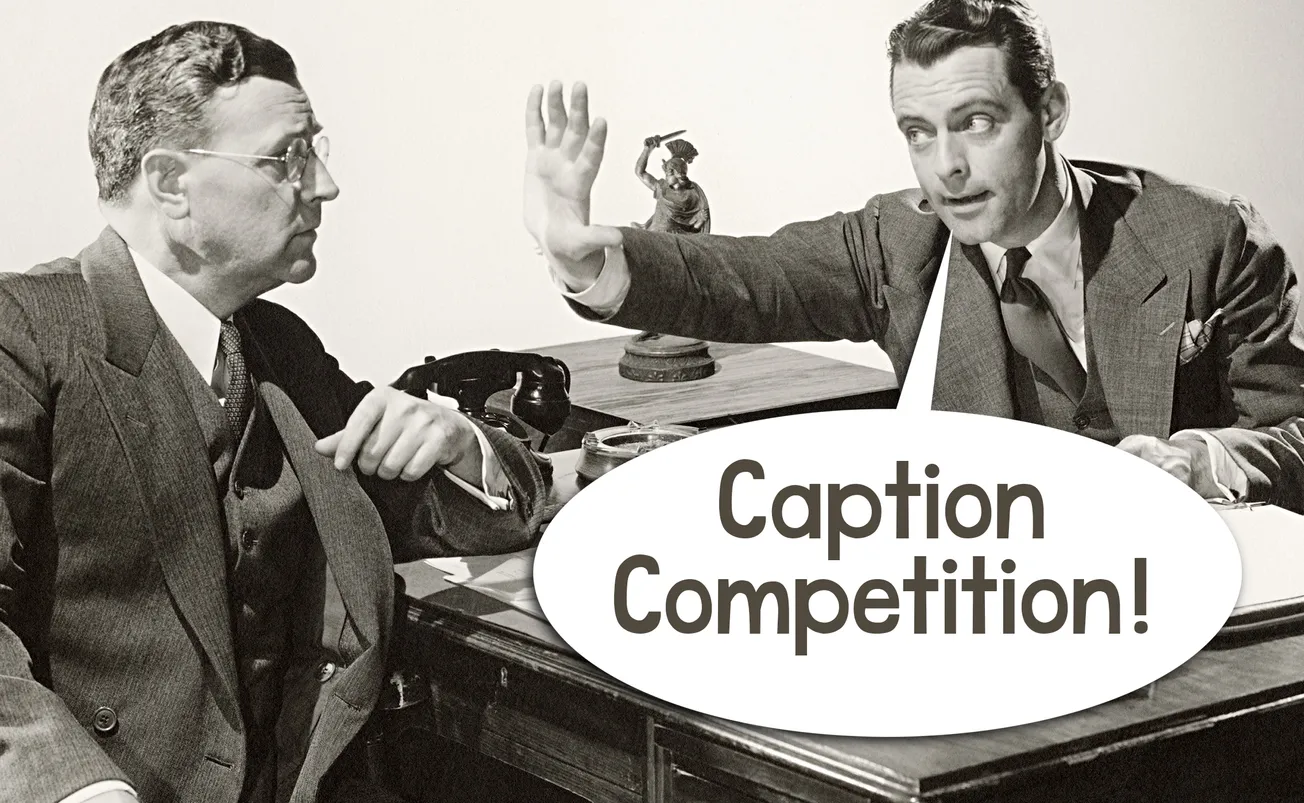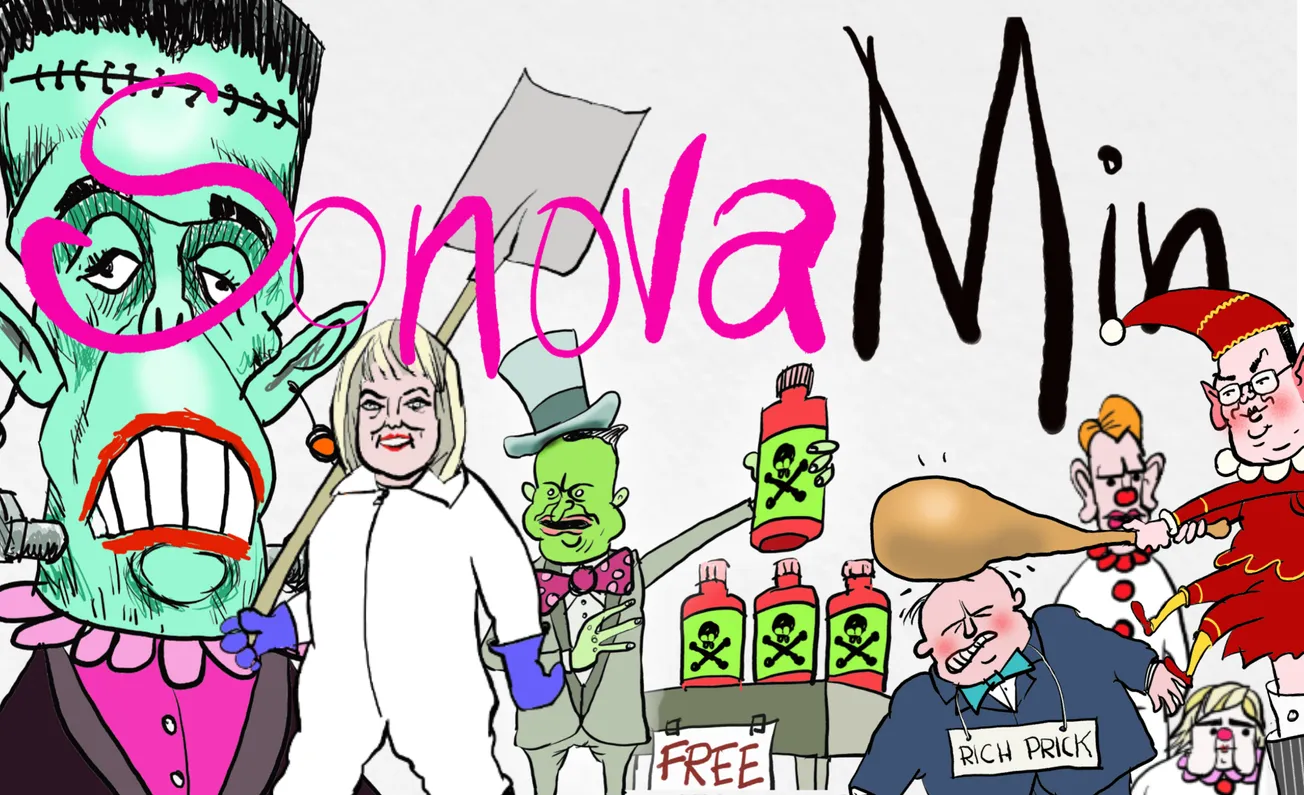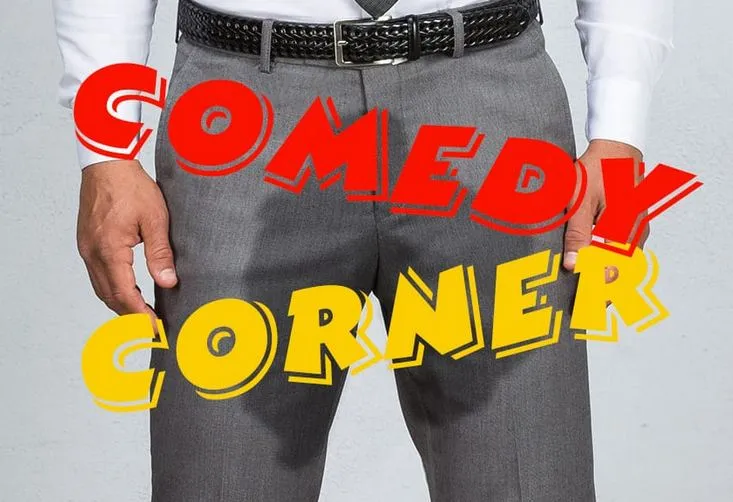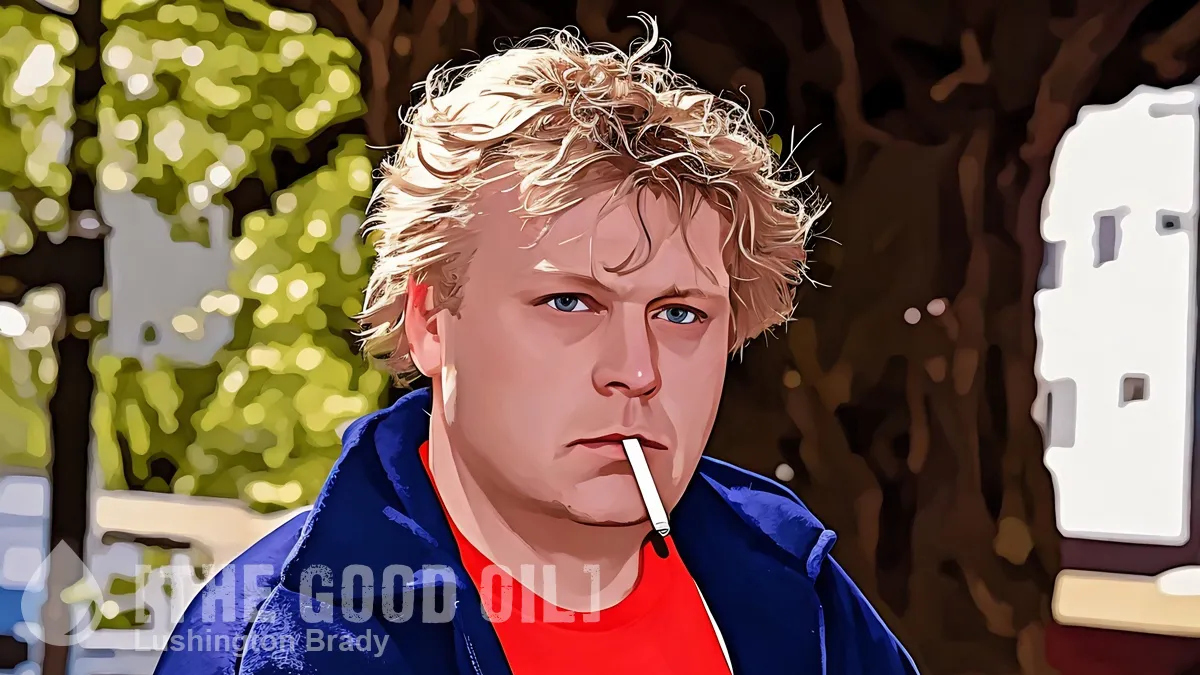Table of Contents
On election day, Saturday 19 September, voters will take part in a referendum on the End of Life Choice Act 2019. This referendum, which will be binding on the government, is likely to make euthanasia and assisted suicide legal in New Zealand.
Pro-euthanasia campaigners argue that the issue is to do with compassion and choice. ‘Kindness’ would have been the word used were the legislation Labour-sponsored. But both of these elements already exist within the health system.
Refusing medical treatment is already legal. So is the administration of high doses of medication to relieve pain. ‘Do not resuscitate’ orders are also legal. And so is turning off life support.
Currently, and from time immemorial, the central principle of palliative care has been that it does not prolong life, nor does it hasten death. For those not facing a life-threatening illness, but who are suffering for other reasons, including mental illness, the guiding principle (which is a Christian one) is to love and to extend help.
Euthanasia and assisted suicide bring us to a whole other realm. Euthanasia is a deliberate act to end the life of a patient. Assisted suicide occurs where lethal drugs are supplied to a person at his or her request and then self-administered with the aim of ending that person’s life.
The Netherlands legalised euthanasia and assisted suicide in 2002. In 2016 the number of official cases of euthanasia there was 6,091, or four percent of total deaths. In 2010, the number was 4,050; in 2003 it was 1,626, or 1.2 percent. Demand for euthanasia is rising, on average, by eight percent a year.
In 2010 there were 182 cases of doctor-assisted suicide, which is usually brought about by administering a strong barbiturate potion. In two cases doctors were reprimanded for not being present while the patient drank the potion. They said they had not realised this was a requirement.
Forty-one cases were reported to combine two procedures where the first did not cause death.
The euthanasia of children under the age of 12 remains technically illegal. However, prosecutors will refrain from pressing charges if a certain protocol, known as the Groningen Protocol, is followed.
In February 2010 a citizens’ lobbying initiative called Out of Free Will further demanded that all Dutch people over 70 who feel “tired of life” should have the right to professional help to end it. A number of prominent citizens supported the initiative, including former ministers, artists and lawyers.
In 2016, the Dutch Health Minister announced plans to draft a law that would allow assisted suicide in cases without a terminal illness, if the person feels they have “completed life”. We await the inevitable outcome of this initiative.
Canada legalised euthanasia in 2016. The Canadian law is believed to be less ‘permissive’ than that of the Netherlands because it is not available to minors and requires a 10 day ‘cooling off period’, during which the patient can change his or her mind.
Notably, the two independent medical opinions required to end life can be those of nurses.
In New Zealand, there is not even a requirement that a person be competent at the point of making the final decision to end his or her own life. The ‘cooling-off period’ between writing the prescription and the chosen time of death is 48 hours, meaning that the entire process from request to death could be completed in four days.
If you enjoyed this BFD article please share it.

